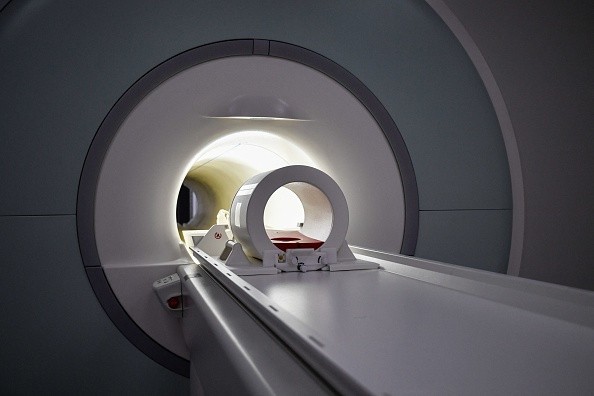Philip's artificial intelligence (AI)-powered MRI scans have received clearance from the United States Food and Drug Administration or the US FDA.
The AI-powered technology should help detect cancerous tumors from the neck or head of its patients.

Philip's AI-Powered MRI Scans
According to a recent report by Fierce Biotech, Philips introduces a new MRI platform that enables physicians to ditch CT scans altogether in favor of MRI machines.
And as such, the new MRCAT, or the MR for Calculating ATtenuation, should help MRI become the only required imaging modality wherever patients undergo planning radiotherapy for potential cancerous tumors in the head and the neck.
The chief medical officer for oncology solutions of Philips, Ilya Gipp, M.D., Ph.D., further explained the technicalities behind infusing AI and other data to MR.
Gipp says that "the superior soft tissue imaging of MR together with advances in the integration and orchestration of data, including the use of artificial intelligence, promise greater clarity and less subjectivity in planning radiotherapy for head and neck cancer."
So it turns out that the additional data and AI help detect potentially cancerous tumors with better clarity. Not to mention that it also requires less time, preventing long exposure to radiotherapy.
Fierce Biotech notes in its report that the AI-powered PR scan lasts only three minutes. It not only helps discover cancers from the brain, but it also detects any potential tumors in the pelvis and prostate.
As per the latest news story by Interesting Engineering, Philips has been attempting to infuse the advanced technology of AI in various health technologies for quite a while already.

In fact, the renowned Dutch firm started using AI in 2018. During that time, Philips introduced its HealthSuit Insights platform, bringing AI solutions to the world of healthcare.
The chief innovation & strategy officer of Philips, Jeroen Tas, revealed to Interesting Engineering how their first-ever AI platform works.
Tas states that they "have designed HealthSuite Insights to be used by the people who work with patient data on a daily basis and have the contextual understanding, including doctors, clinicians, and hospital managers."
Philips Receives FDA Clearance for MRCAT
Interesting Engineering reports that the AI-powered MRCAT platform of Philips recently received the nod of the FDA.
None other than the renowned Dutch firm announced the milestone during the American Society for Radiation Oncology 2022. Philips notes that the FDA has given them its 510(k) clearance.
Related Article : Philips Launches New Evnia Lineup: Company Enters the UltraWide QD-OLED Monitor Market
This article is owned by Tech Times
Written by Teejay Boris
ⓒ 2026 TECHTIMES.com All rights reserved. Do not reproduce without permission.




